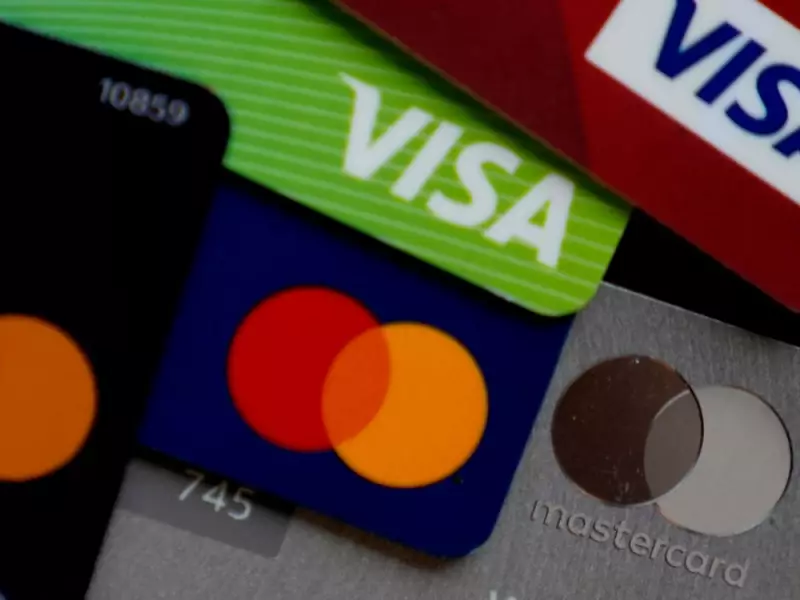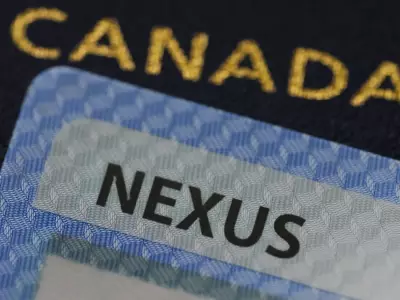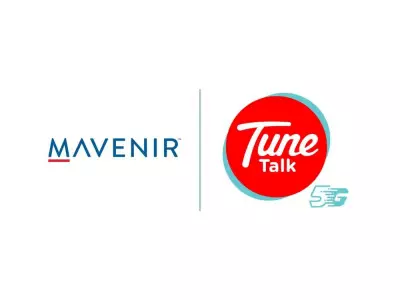
In a landmark move that concludes over two decades of legal battles, payment giants Visa Inc. and Mastercard Inc. have agreed to a sweeping settlement with retailers. The deal will significantly reduce credit card processing fees and, for the first time, grant merchants the power to turn away customers using specific high-cost premium credit cards.
Ending the "Honour All Cards" Rule
The cornerstone of the proposed agreement is the relaxation of the long-contested "honour all cards" rules. Previously, if a merchant accepted any Visa or Mastercard, they were forced to accept all cards from that network. This became increasingly burdensome for businesses as premium cards, which carry much higher acceptance fees, surged in popularity.
Under the new terms, finalized on November 10, 2025, retailers will gain the freedom to choose whether to accept these premium consumer cards at their checkout lanes.
Financial Relief and New Surcharging Powers
The financial implications of the settlement are substantial. According to expert economists Joseph Stiglitz and Keith Leffler, who testified for the retailers, the deal could ultimately save merchants more than US$200 billion, positioning it as one of the largest U.S. antitrust class-action settlements in history.
Specifically, the networks have agreed to reduce the average effective interchange rate by 10 basis points for five years on U.S. credit-card purchases. Furthermore, standard U.S. consumer credit rates will be capped. Merchants will also be empowered to impose a surcharge on customers who choose to pay with Visa or Mastercard products, providing another tool to manage costs.
Potential Impact on the Consumer Experience
This settlement could dramatically alter the checkout experience. For example, a customer attempting to pay with a high-fee card like the JPMorgan Chase Sapphire Reserve (a Visa Infinite product) could be declined, while a purchase with a standard card like the JPMorgan Freedom Unlimited would be processed without issue.
However, industry analysts like Sanjay Sakhrani of Keefe, Bruyette & Woods suggest that while the leverage is significant, many merchants may hesitate to actually reject cards for fear of alienating customers and losing sales. Trade groups, including the Merchants Payments Coalition, have already voiced opposition, arguing that premium cards are now so ubiquitous that refusing them is not a practical option for most businesses.
In statements, both Visa and Mastercard emphasized the benefits for merchants. Mastercard stated the deal offers "more acceptance choices, reduced costs and simplified rules," particularly for smaller merchants. Visa called the proposal a source of "meaningful relief, more flexibility and options" for U.S. retailers of all sizes.






